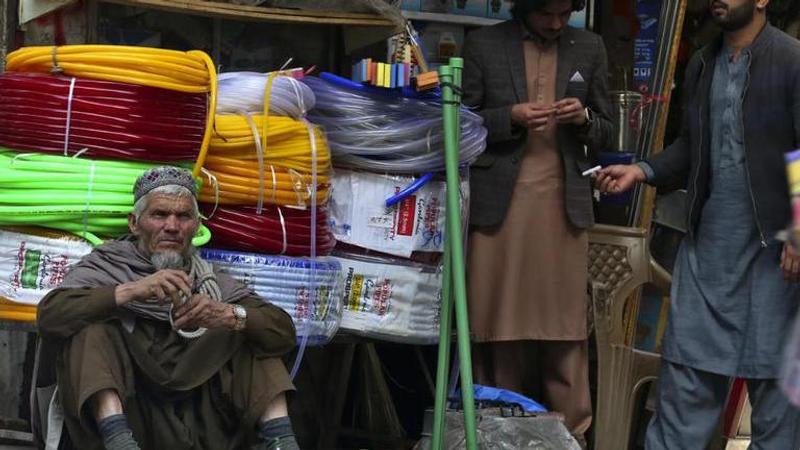Published 23:33 IST, April 29th 2023
Cash-strapped Pakistan listed in 15 countries that are facing enormous debt stress
Pakistan is facing mounting external debt and has been listed among 15 countries globally under enormous debt stress.

Pakistan is facing mounting external debt and has been listed among 15 countries globally under enormous debt stress. According to a report from Business Recorder, Economic and financial analyst Ateeq ur Rahman said that Pakistan needs to address these circumstances as soon as possible. The government is facing soaring domestic borrowing costs due to high policy rates, which remain at 21%, according to the report.
The analyst further noted that borrowing costs are likely to increase further. The report highlighted that Pakistan’s external financing need for fiscal year 2024 is about $40 billion while its external debt repayments, including interest payments, amount to $30 billion, resulting in a dwindling current account deficit. Financing options beyond June 2023 for Pakistan remain highly uncertain and hard, the analyst added.
Does Pakistan need to cut down its expenses?
Pakistan can be placed among the 45% of low-income countries at high risk of debt stress, facing borrowing at very high-interest rates, according to the report. The analyst stressed the need to cut down on expenses at all levels and practice simplicity in every aspect of the country’s dealings.
Why exactly is Pakistan in this situation? The reason is structural. So, what are these structural challenges? These challenges include:
Energy crisis: Pakistan has been facing an energy crisis for several years, which has resulted in frequent power outages, adversely affecting economic activities.
Fiscal deficit: Pakistan has been facing a persistent fiscal deficit, which has resulted in rising debt levels and debt servicing costs, constraining the government's ability to invest in critical infrastructure and social sectors.
Low tax-to-GDP ratio: Pakistan's tax-to-GDP ratio is one of the lowest in the world, which has resulted in a heavy reliance on external and domestic borrowing to finance government spending.
Poor governance: Corruption and political instability have plagued Pakistan's economy, resulting in a lack of transparency, weak rule of law, and ineffective institutions, which have discouraged investment and economic growth.
Limited exports: Pakistan's economy is heavily dependent on imports, with limited exports, which has resulted in a persistent trade deficit, adding to the country's external debt burden.
Inadequate infrastructure: Inadequate infrastructure, including roads, ports, and energy, has hindered Pakistan's ability to attract investment and promote economic growth.
Low human development: Pakistan has a low human development index, which reflects limited access to education, healthcare, and basic services, hindering the country's ability to compete in the global economy.
Updated 23:33 IST, April 29th 2023




